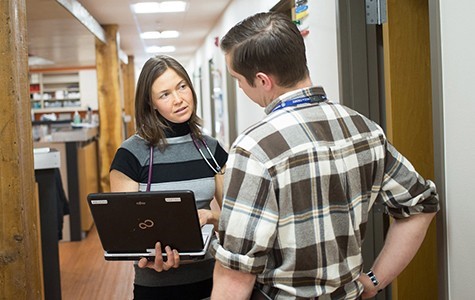The COMPASS (Care Of Mental, Physical And Substance-use Syndromes) initiative, funded by the Center for Medicare & Medicaid Innovation, evaluated the large-scale implementation of the TEAMcare model treating patients with depression and comorbid diabetes and/or cardiovascular disease. The initiative was implemented in 18 medical groups and 172 clinics across eight states. Participating clinics differed significantly in size, organizational structure, patient populations, and payment systems, thus demonstrating the feasibility of implementing the TEAMcare intervention in “real world” clinical settings.
The initiative involved 3,609 Medicare and Medicaid patients in eight states and is one of the largest collaborative care implementations to date. The results of the trial were published in a 2016 issue of General Hospital Psychiatry. Among patients with uncontrolled disease at enrollment, 40% achieved depression response or remission, 23% achieved glucose control and 58% achieved blood pressure control over the 11-month treatment period. There were large variations in outcomes across the medical groups, and rigorous implementation was associated with increased effectiveness. Researchers learned best practices for treating patients in primary care settings who have multiple chronic conditions, demonstrated the model can be effective for the target population when implemented well, and identified financial models that can sustain and scale a multi-condition collaborative care program.
